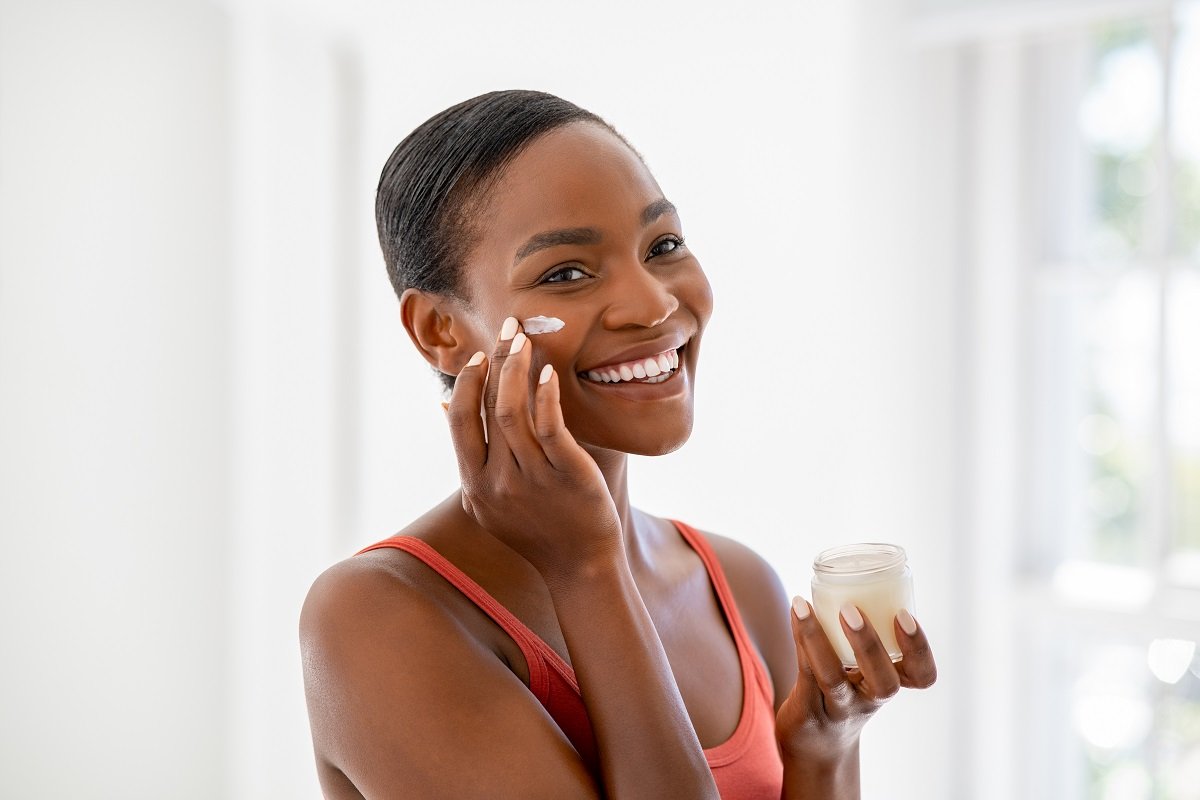Acne can be triggered or exacerbated by bacteria, hormonal changes, stress, consumption of certain foods, or the side effects of medications. It is one of the most common and often stubborn skin problems. Various factors can cause pimples, such as hormonal, incorrect cosmetics use, and pollution.
In addition, if the skin condition is not taken care of properly, its possible pimple even worse, you know. Well, we better identify the cause of acne worse; come on!
Acne-symptoms
Acne can affect any part of the body. It usually occurs on the face, back, neck, chest, and shoulders. If you have acne, you will usually see pimples that are white or black in appearance.
Blackheads and whiteheads are known as downsides. They open at the skin’s surface and give them a black and white appearance.
While pimples and blackheads are the most common types of acne, other lesions can also occur. Inflammatory lesions such as papules, pimples, nodules, and cysts cause sores on the skin.
Acne mainly affects people because of the oiliness of the skin, dead skin or bacteria, or both. Each pore on the skin opens the follicle, which consists of hair and a sebaceous gland.
The hair follicle gradually appeared as a bulge. As the follicle expands, the wall ruptures, allowing the skin’s natural bacteria to enter the deeper layers of the skin, causing proper inflammation, resulting in pimples on the skin’s surface and deeper inflammation turning into pimples.
Some factors can trigger or worsen acne
Bacterial infection
The skin’s main function as a vital organ is to protect the body against external factors, sunlight, pollution, pathogens such as bacteria and viruses. But the skin itself is not invincible against all these factors, especially when you use the wrong products to damage the skin’s natural defense barrier.
Bacterial infection is now the main cause of acne, although it is not the only bacterium that can cause inflammation and pimples on your skin. This infection can cause worsen acne on your skin when you have weakened your skin’s protective barrier. A weak skin barrier can easily make the skin vulnerable to bacteria, especially if your acne is inflammatory. Bacterial infection is very likely.
Hormonal changes.
During puberty, hormones like Androgens increase in young people, causing the sebaceous glands to enlarge and produce more sebum. Hormonal changes can also lead to breakouts during maturity, especially in women.
Letting the face too dry
When using medication or skincare to treat acne, one of the effects is to make the skin dry so that the acne subsides. But if used too much and often, these products can dehydrate the skin and damage the skin by making it peel and cause irritation, you know.
So try choosing an acne medication or skincare that doesn’t dry out your skin too much.
Feeding
Food intake can also affect the skin’s condition, especially when acne. Some foods that can trigger acne include eggs, skim milk, junk food, and chocolate can worsen acne. So, it would help reduce your consumption of these types of food to improve your skin condition.
Touching the face with acne
Suppose this one is, of course, clear as a taboo for those of us who have acne-prone skin, yes, girls. Refrain from touching, let alone squeezing the pimple so that it breaks and disappears.
Instead, we are actually exacerbating the condition of acne because hands are very easy to get dirty and will move to the skin with acne, so the skin can become irritated and inflamed to leave scars.
End words
If home remedies can’t clear acne, see your primary care doctor. Your doctor can prescribe stronger medications. Acne can appear occasionally and go away on its own, but it can also appear continuously until it interferes with appearance or self-confidence. The wrong way to get rid of acne can worsen the condition of acne and leave scars. If acne is getting stubborn or getting worse, you should consult a doctor to get rid of acne with the right way and treatment.

